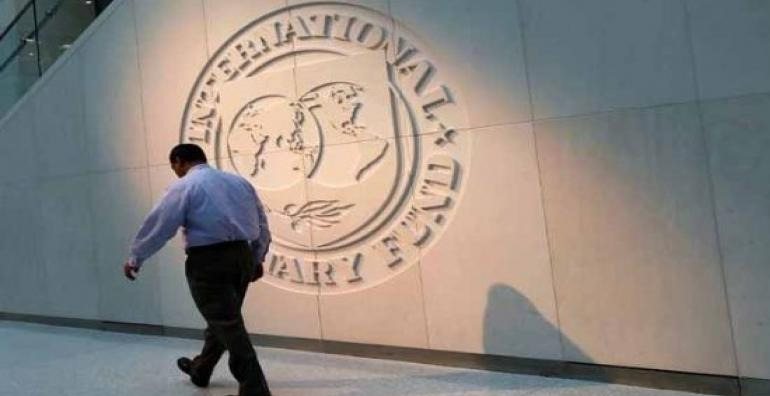
International Monetary Fund headquarters is in Washington, DC
By Guillermo Alvarado
The reactivation of the global economy will have to wait even longer due to the persistence of the COVID-19 pandemic, mainly due to the action of the Delta and Omicron variants of the virus, which increased the number of sick people and forced to resume restriction measures in many countries.
This was warned by the International Monetary Fund (IMF) in its most recent report on the outlook for 2022, where it reduces growth projections and warns that inflation will remain high due to price increases and supply difficulties.
The world economy entered this year in a weaker position than expected, said the organization, mainly due to the health crisis aggravated by Omicron, which affects the labor market in service sectors, such as tourism, restaurants and bars.
Added to this are difficulties and setbacks accumulated during previous years and geopolitical factors, such as the problems in Eastern Europe, where the United States and NATO are fomenting war drums against Russia, which are keeping the main Western financial markets on tenterhooks.
As a result, in 2022 the growth of the World Gross Domestic Product will be 4.4 percent, below the 5.8 previously forecast.
With the exception of Japan, this indicator will be lower than the projections made in December, with more impact in the United States, Germany and China, in the first two cases due to the disruption of supply chains and in the Asian giant due to the fall of the real estate market.
The IMF makes a series of recommendations to improve this situation, the first of which, as you can see, seems to come more from the World Health Organization than from a multilateral lending organization.
The fundamental condition for improving economic performance is, according to the Fund, to "end persistent disparities" in access to the tools to combat covid-19, i.e. vaccines, tests, treatments and protective equipment.
This is not advice that should fall on deaf ears. At present, rich countries are close to immunizing 70 percent of their inhabitants, but at the other extreme, among the poorest, this indicator is below 4 points, implying that virus circulation and mutations are high.
There are other technical actions to be taken to improve employment, combat inflation and guarantee the purchasing power of wages, but in the end it all boils down to a simple equation: if the pandemic worsens, nothing will improve in the short term.

